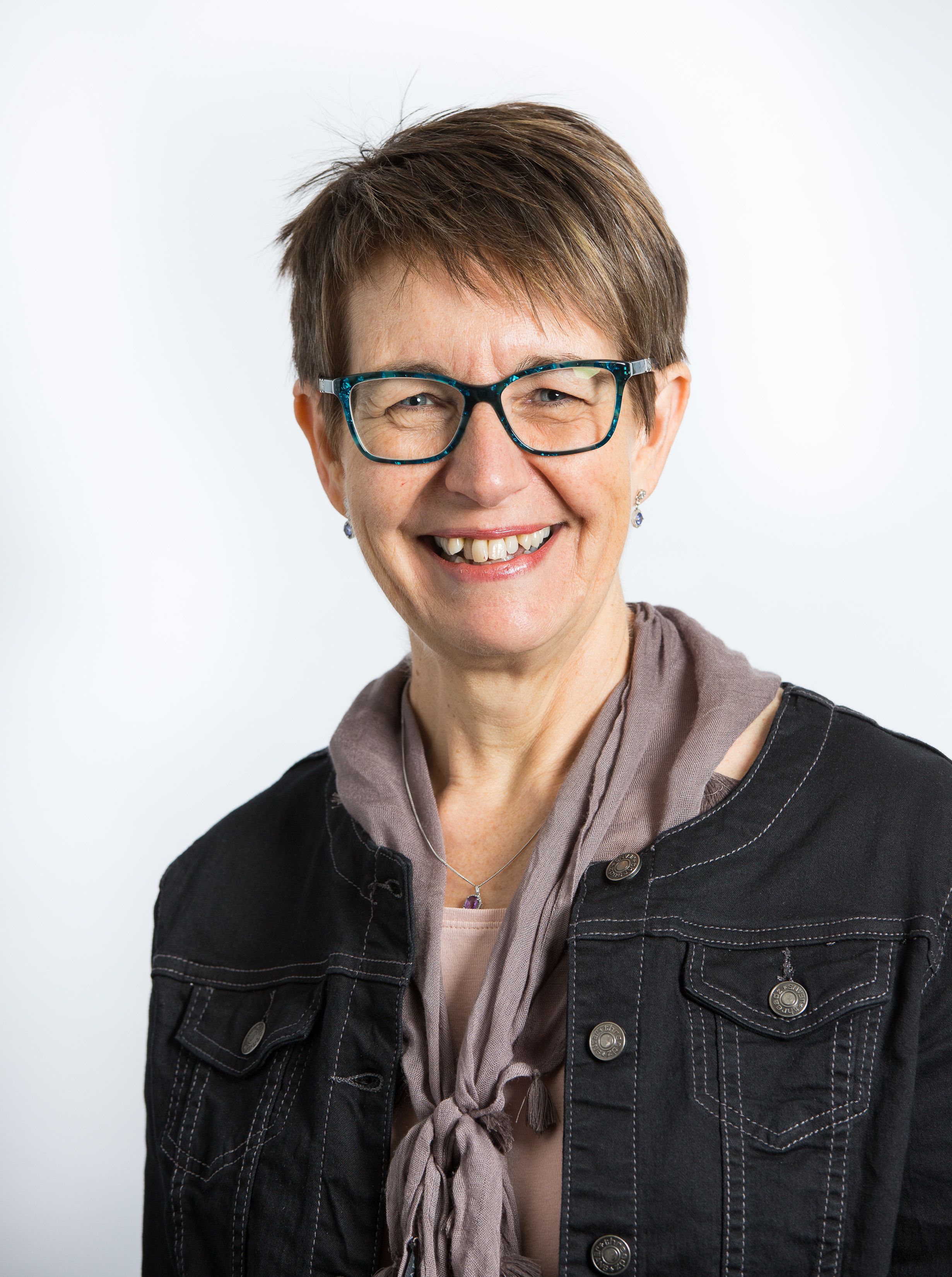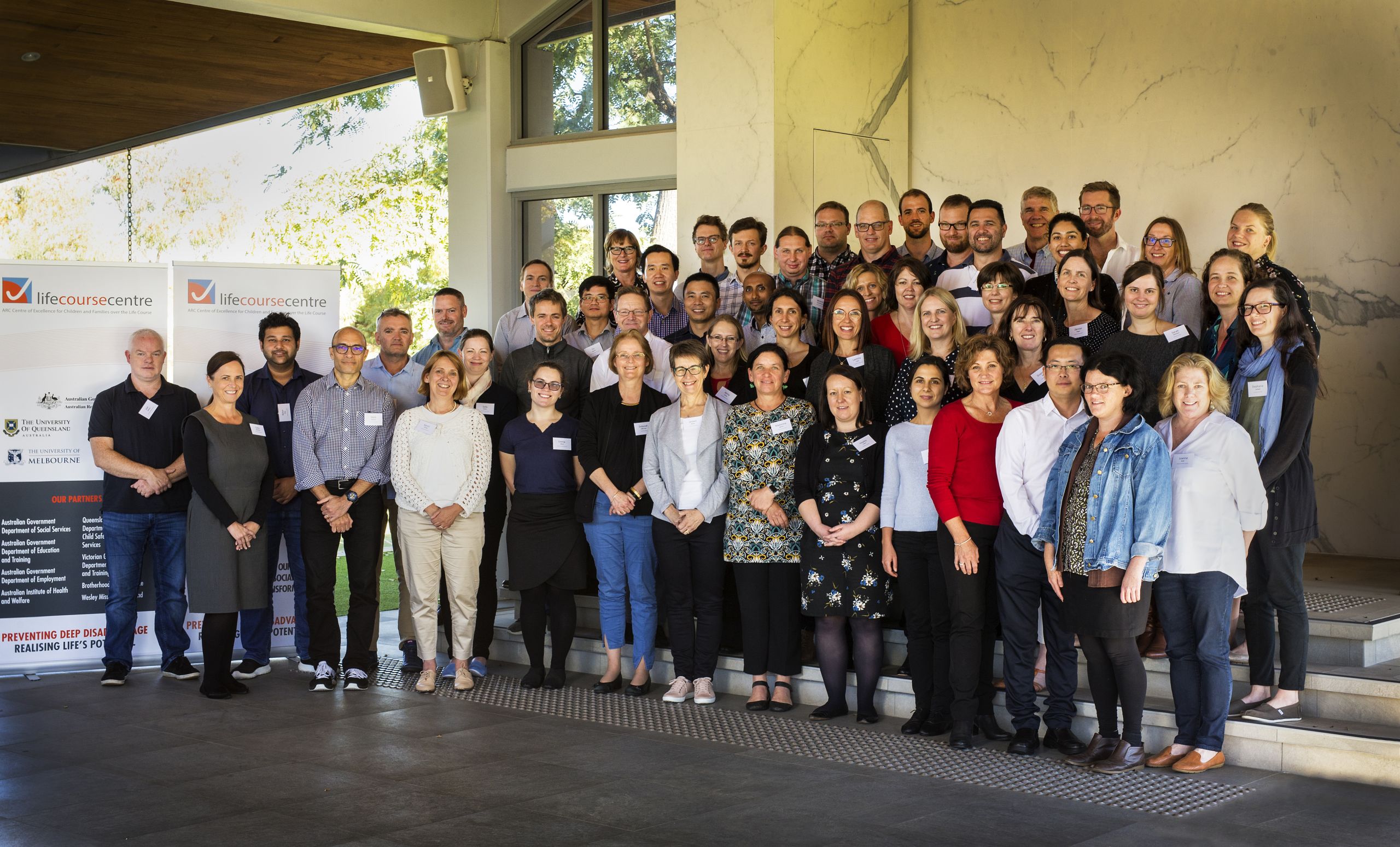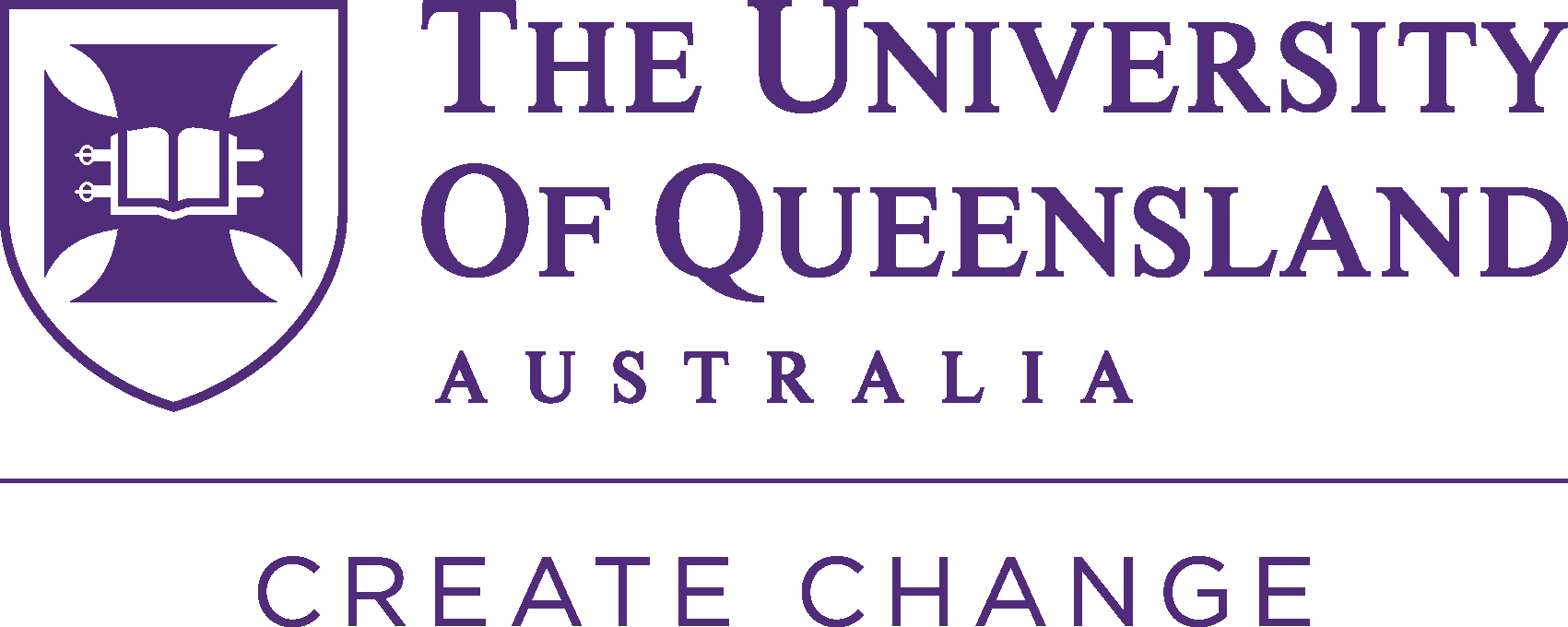Breaking the Cycle of Disadvantage
Life Course Centre Researchers Improving Well-Being for Australia's Most Vulnerable

More than one million people across Australia experience deep and persistent disadvantage. Less likely to complete high school, find a good job, or have safe, stable housing, they often suffer low income, poor health, social isolation, violence, and housing instability. Unlike some Australians who dip temporarily below the poverty line, they have very little prospect of improved well-being. Their disadvantage is often passed through the generations and resists simple solutions.
This is at odds with the global perception of Australia’s ‘miracle’ economy, which has grown uninterrupted for almost three decades – a record among developed countries. According to the Organisation for Economic Co-operation and Development (OECD), Australia now has the highest minimum wage in the world. “We’re a very wealthy country, so it is shocking and puzzling that one million people in a population of 25 million are entrenched in deep disadvantage,” says Professor Janeen Baxter from The University of Queensland (UQ) and Director of the Australian Research Council Centre of Excellence for Children and Families over the Life Course (Life Course Centre). “It’s clear that good fortune is not being shared equally across our population.”
The Life Course Centre, a national research hub administered by UQ’s Institute for Social Science Research, is identifying the ways in which this disadvantage is passed between generations or within families and developing solutions to break the cycle. “We know, for example, that 57 percent of Australian children are developmentally disadvantaged at the time they start school, which means they’re already behind at this critical life stage and face the prospect of falling further behind over time,” Baxter says. “And we know that if you are born into a family whose parents are on some kind of social-welfare payment, that when you become an adult, you are almost twice as likely to end up on welfare yourself.”
Real-World Outcomes
The Life Course Centre is well-placed to build interventions that improve the lives of Australia’s most vulnerable people. These include small-scale projects to test and develop new approaches, as well as bigger population trials. Take the Ability School Engagement Program (ASEP), which targets school truancy. Research shows that skipping classes is correlated with delinquency, contact with the criminal justice system, and welfare dependency, so ASEP brings together communities, schools, and police to collectively tackle it.
Over 100 disadvantaged students joined police officers and school representatives in a randomized field trial in Brisbane to discuss their behavior and its consequences. The parties worked together to develop a course of action to help students re-engage with their learning through extra tutoring, counseling, or new home routines. Follow-up research showed that students participating in the program displayed less antisocial behavior, better school attendance, less offending and greater mental well-being. The research team, led by Life Course Centre Chief Investigator Professor Lorraine Mazerolle, is now scaling the program across Australia and investigating how to replicate it in the United States.
Another example is the Every Family: Australian Triple P System Population Trial, which is looking at the effects of improved parenting on community disadvantage. Specifically, it is examining the impacts of the Triple P – Positive Parenting Program, which was founded by Life Course Centre Chief Investigator Professor Matthew Sanders and is the most widely used parenting support system in the world. The aim is to determine whether a certain level of community engagement can create spillover benefits for families who don’t receive assistance through Triple P, thus triggering wider societal changes. Already, Every Family has demonstrated the importance of wide-scale social interventions.

Professor Janeen Baxter Director of the ARC Centre of Excellence for Children and Families Over the Life Course (Life Course Centre) at the Institute for Social Science Research, The University of Queensland (photo credit: Women in Research)
Professor Janeen Baxter Director of the ARC Centre of Excellence for Children and Families Over the Life Course (Life Course Centre) at the Institute for Social Science Research, The University of Queensland (photo credit: Women in Research)
Shaping the Debate
At the same time, the Life Course Centre is leading important national policy discussions. Its research has featured in a number of Australian Government reports, including the Productivity Commission’s 2018 report on inequality in Australia and the House of Representatives Inquiry into Intergenerational Welfare Dependence in 2018–19. Drawing on the Centre’s research, the Welfare Inquiry made the case for targeted, early interventions to prevent disadvantage from becoming entrenched at key moments along an individual’s life path.
According to Baxter, “the government has really started to focus on the life course approach. They recognize the importance of not just intervening when individuals are unemployed or homeless for example, but trying to assist people before they move into disadvantage. The life course approach identifies the critical life stages when interventions are most likely to be successful.”
“We’re leading this approach in Australia, and we do see the government taking up our ideas,” she says.
The Life Course Centre is also working with Australian Government departments to improve important data record systems. “We’re developing systems that enable government departments to join up their data records in sensible ways,” Baxter says. “By bringing together these data sets in a way that can be analyzed, we can see where the system is falling down, and we have a resource that is really valuable for evidence-based policy making.”

Janeen Baxter (front centre) at the Life Course Centre Research Retreat in Perth, Australia, in May 2019.
Janeen Baxter (front centre) at the Life Course Centre Research Retreat in Perth, Australia, in May 2019.
The New Centre
In recognition of these achievements, the Life Course Centre recently received $32 million in funding from the Australian Research Council, allowing it to continue its work for a period of seven years from the end of 2020. The new Centre will strive to close the gap between the haves and have-nots by delivering a more granular perspective on how disadvantage is entrenched and transmitted across generations.
“In the current Centre, we’ve done a lot of work on averages, looking at major surveys and average levels of disadvantage across the population, or across whole groups,” says Baxter. “The new Centre will move away from those averages, to look in depth at particular communities or locations, because we believe that the causes and consequences of disadvantage vary by what community, context, and location you’re looking at.”
Researchers at the Centre have designed new programs focused on ‘People,’ ‘Places,’ and ‘Opportunities’ to analyze more closely how disadvantage is entrenched at different levels in Australian society. “We know that we can improve people’s education and their credentials, but if there are no opportunities, if there are no jobs, then it really doesn’t help,” says Baxter. “So we need to tackle disadvantage across these different levels of the individual, community, and the system.”
To do this, the Life Course Centre is moving into new areas of research. The Centre’s researchers will employ cutting-edge techniques to study sleep patterns, in the hope of discovering how disadvantage affects our everyday routines. Computer scientists will use machine learning to develop new models to train social-service professionals, and ethnographers will collect in-depth data as they work within disadvantaged communities.
The Centre’s work will also put Australia at the forefront of the cognitive science of disadvantage, a new field of study that examines how the stress of poverty, poor health, or violence affects our decision-making. Bringing together researchers across multiple disciplines from four Australian universities, the Centre will also have expanded international reach with 17 academic and industry partner organizations in Australia, New Zealand, Europe, Asia and America.
By layering the new data it will collect on top of government data records, the Life Course Centre will be able to track the trajectories of disadvantaged individuals across their lifetimes in more depth than ever before. The findings generated over the next seven years will help develop the targeted solutions that are needed to break the cycle of disadvantage for Australia’s one million most vulnerable people and, given the Centre’s strong global links, vulnerable people throughout the world.
To read more about how UQ is transforming societies around the world, visit research.uq.edu.au.



